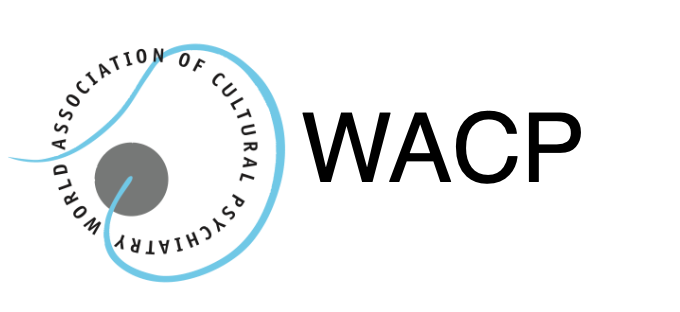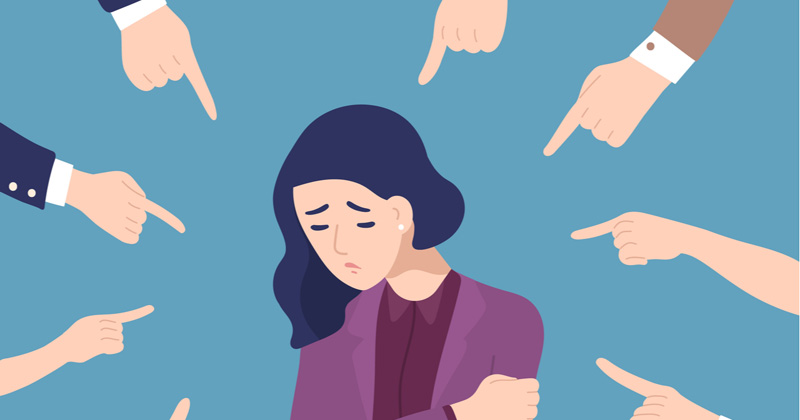Stigma of mental illness and COVID-19
Stigma of mental illness and COVID-19 – Cultural perspectives: Webinar Report
Tian-Ming Zhang, Yu-Rong Ma, Mao-Sheng Ran, Hans Rohlof, Jie Li, Albert Persaud, Roberto Lewis-Fernández
Stigma of mental illness, a significant public health concern, has long been recognized as a major barrier to the successful treatment and recovery of persons living with mental disorders. Over the last two years, the COVID-19 pandemic has evoked fear in the general public, leading to additional stigmatization and discrimination, especially among individuals with mental condition who are less likely to access health services (Armitage & Nellum, 2020). In order to present a synopsis of the relationship between culture and stigmatization associated with the intersection of mental illness and COVID-19, and to explore a culturally informed framework for clinical practice, research, and policy-making, the Special Interest Groups on Culture, Stigma, and Discrimination and Cultural Psychiatry and the COVID-19 Pandemic of the World Association of Cultural Psychiatry were honored to invite experts from diverse cultural contexts to participate in a webinar held on December 10, 2021. These experts were Prof. Dinesh Bhugra, Ms. Melanie Escaño, Prof. Cécile Rousseau, and Prof. Winnie W.S. Mak. The four speakers shared informative data and experiences from diverse cultural perspectives.
Prof. Dinesh Bhugra, from King’s College London, presented clear evidence from the U.K. on longstanding social and economic inequalities by virtue of COVID-19. This review revealed there were substantial variations in infection and mortality rates across population from diverse ethnonational backgrounds largely related to their social circumstances, such as types of employment. The COVID-19 pandemic has also fueled racism and prejudice. Prof. Bhugra emphasized the need to focus on reducing structural racism and promoting awareness of sociocultural variation in the impact of the pandemic.
Ms. Melanie Escaño, a migrant from the Philippines living in the Netherlands, shared her personal story in response to the question of how COVID-19 impacts a migrant’s life. From Melanie’s narrative we learned that some government prevention and control policies do not appropriately protect vulnerable groups affected by COVID-19. The most effective way to address the pandemic is to adopt policies that guarantee that no one is left behind during the crisis.
Prof. Cécile Rousseau, from McGill University, shared international research findings from diverse cultural contexts that explored COVID-19-related discrimination, cumulative stress, and psychological distress. The data revealed that the pandemic has not only fueled existing inequities but has also generated specific forms of discrimination. Crisis responses should integrate anti-racism action plans, prioritize health and social equity, and always include a mental health dimension.
Prof. Winnie W.S. Mak, from the Chinese University of Hong Kong, applied a core concept of “interconnectedness” from the ecological model to clarify the intersectionality of mental illness, COVID-19, and stigma. Interconnectedness, defined as the perception of interdependent relationship, may also play a crucial role in alleviating suffering and stigma reduction. Compassion may mediate the effect of interconnectedness on stigma (Yu et al., 2021).
The impact of the COVID-19 pandemic is far from over. According to the reports and narratives included in this webinar the impact also complicates coping with the stigma of mental illness. Both kinds of stigma are deeply affected by global and structural issues. Therefore, in-depth comparative work between different countries is needed to clarify the role of sociocultural and structural factors in creating vulnerabilities, resiliencies, and specific forms of coping; this is the strength of a cultural psychiatry approach. In the post-pandemic era, in the face of increasingly diverse and complex environments, we can no longer ignore the power of culture.
References
Armitage, R., & Nellums, L. B. (2020). The COVID-19 response must be disability inclusive. The Lancet Public Health, 5(5), e257.
Yu, B. C., Mak, W. W., Leung, I. W., & Chio, F. H. (2021). Reducing Stigma Through Interconnectedness and Compassion: a Buddhism-Based Approach to Reduce Stigma Toward People with Mental Illness. Mindfulness, 12(7), 1779-1790.



